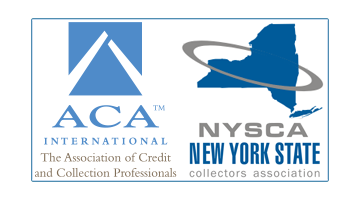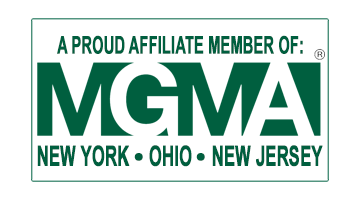
In our previous blog post we examined the importance of creating an Accounts Receivable Plan for your organization and knowing when to stop spinning your wheels with dead-end accounts and focus on those patients you have working arrangements with. This article will help you do just that – by creating your own plan.
First and foremost your collection agency should be able to guide you through a strategy based on their experiences with the types of services and products your organization provides and how that debt affects the consumers you serve. Your agency’s experience with all types of debtors and situations is a critical component of the expertise they can share with you as their client.
Once your organization has billed a patient for the services you rendered you should receive a payment from the patient’s insurance, or more likely, with the increase in high-deductible plans, the patient them self. As with any consumer sale, it is fair to expect it promptly. In some cases a patient may reach out to you to work on a payment plan and hopefully you come to a satisfying arrangement that is met each week or month until the debt is paid off. When patients do not pay and your earliest attempts to collect the debt are not met, how much investment and work is your organization willing to devote in your early-out, self-pay, and pre-collection efforts? What tools are your organization capable of providing to your team?
Can you find insurance for a patient if it is not listed or given?
Can you find a new address or phone number?
Can you run your accounts through a scoring metric to identify which calls you should be making?
Are you committed to mailing second, third or fourth notices to the patient?
Ultimately all of these situations can be avoided by having an Accounts Receivable Plan in place – and in practice! Because if accounts are identified and placed quickly enough (30 to 90 days) your collection agency can save you all of the time and energy you spent kicking this account around and figuring it out for yourself over time. Your agency has the best chance of collecting it because it has these tools at its disposal and will almost always come to a conclusion and direction more quickly than your resources will allow for. And if you would rather your organization concentrate more fully on its strongest areas, outsourcing a pre-collection model to your agency at day one might be an even better fit.
Your collection agency should be able to walk you through all of these scenarios and demonstrate why and when, after a certain point, their services will bring you a better return on investment than what you are currently doing and when those efforts should cease entirely based on the “law of diminishing returns,” or the point at which the balance you are trying to collect is no longer profitable.
Whether you decide to move your entire early-out/self-pay and traditional collection services over to them or work your billing and pre-collection efforts internally before placing the accounts, your capabilities should help inform the agency as to what services will provide the best ROI for both of you. Following a placement plan you both agree on will also help inform the negotiated rate based on the age and volume of accounts you place. Committing to this level of teamwork and operational cohesion will ensure you maximize the success of your Accounts Receivable Plan while improving your revenue cycle management and keeping the goodwill of the consumers you serve.

Four Questions Your Accounts Receivable Plan Should Answer:
- How many times will you send the same statement to a patient?
- How many phones calls will you make to the same patient concerning the same bill?
- How many days will you continue to try to collect from the patient before you send the account to collections?
- For what amount of money are you willing to send a patient to collections?
These answers may very well fluctuate by the scale, patient-base, and services offered by your organization. But the answers to these four questions will ultimately be the basis for your Accounts Receivable Plan.
For more helpful topics, sign up for our new monthly e-newsletter, "Billing & Collections Adviser" by clicking this link (or filling out the form on this page):









